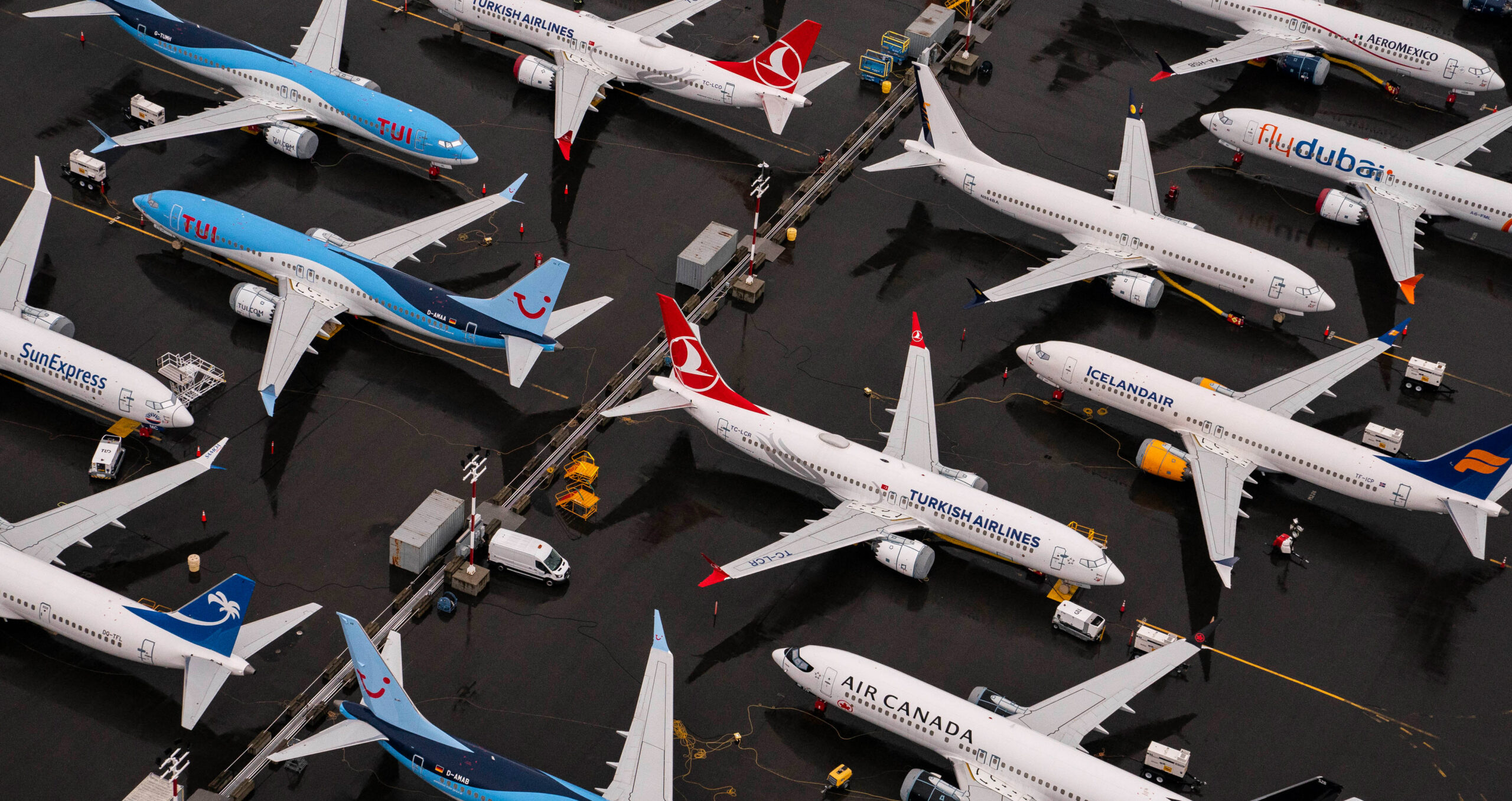

The latest edition of our Sustainable Views newsletter
Dear reader,
Remember “Flygskam”? It’s been almost five years since the idea of environmental guilt associated with flying emerged from Sweden and entered the mainstream. A BBC article from October 2019 quotes a survey by Swiss bank UBS suggesting “flight shame” could halve expected growth in passengers, which was predicted to be between 4 and 5 percent until 2035.
In the end, the coronavirus pandemic grounded us all just months later. But in the past few years, as air travel has recovered, policymakers have been looking at ways to improve the environmental credentials of flying.
Last year, France banned short-haul domestic flights where an alternative form of transport could take less than two and a half hours to complete the same journey. Meanwhile, the EU reached an agreement in April 2023 compelling fuel suppliers to integrate sustainable aviation fuel with kerosene in rising amounts from 2025.
SAF is an expensive project, however. Speaking at a Financial Times Moral Money event last year, Jonathon Counsell, group head of sustainability at the International Airlines Group, estimated SAF typically costs three times as much as fossil fuels.
Florence has spoken to Counsell and other experts in her investigation into the challenges of developing SAF. “Tens of billions” of dollars are needed to scale up SAF and decarbonise flights ahead of 2030, Oliver Sweeney, vice-president of the climate investments team at impact investment firm Lightrock, tells Sustainable Views. You can read her excellent piece here.
Flygskam is arguably a symptom of the pervasive negativity surrounding progress on climate. While science shows the world is warming and the impacts of climate change are only too real, Nigel Topping, a former UN climate change high-level champion, argues in an opinion piece for Sustainable Views we should beware of merchants of doom and put greater faith in technological advancement.
Topping points to history, observing that in moments of significant technological transition, change tends to happen slowly, before picking up speed quickly. “When we back ourselves, we are remarkably innovative and can drive exponential change,” he says, “which is why now is the time to double down on our commitments to win the race to net zero”.
Until tomorrow.
Alex
Alex Janiaud is the senior investment correspondent for Sustainable Views
Similar Articles

Editor’s note: a sporting chance

Editor’s note: outsmarting versus outspending


